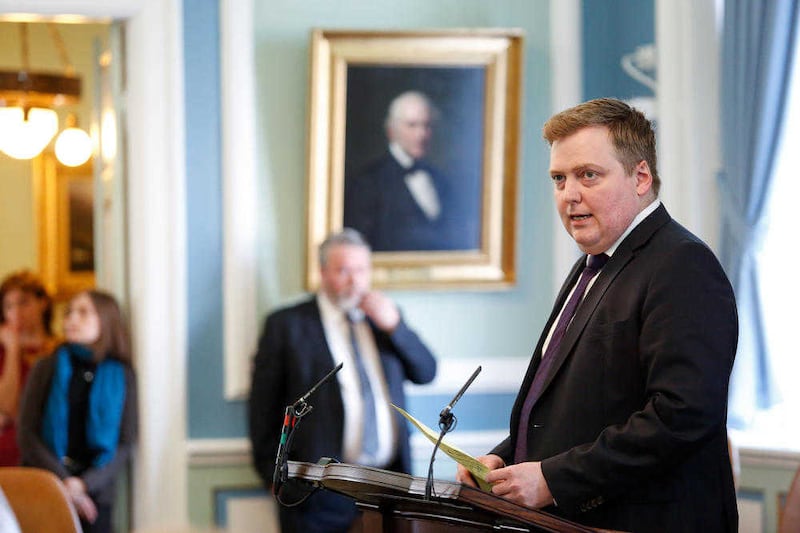MAJOR accountancy firms that continue to facilitate tax avoidance "on an industrial scale" will be banned from involvement in aid projects if Labour comes to power, shadow international development secretary Diane Abbott has insisted.
Ms Abbott said she hoped the "opprobrium" of being blocked from contracts would force the companies to change their ways.
"We have to appreciate that the big four - KPMG, PwC, Deloitte and Ernst & Young – are involved in facilitating tax avoidance on an industrial scale.
"They all have offices in the British Virgin Islands which is at the centre of the tax avoidance industry.
"And it cannot be right that, at one and the same time, they are making millions out of facilitating tax avoidance – which doesn't just deprive the British exchequer, it deprives a lot of countries in the global south out of revenue they should get - but they are also making millions out of contracts from international development, and I would, obviously, within the framework of the law, seek to stop that happening.
"The UK is at the epicentre of the tax avoidance industry and we need to bear down on it in a number of different ways.
"I believe the opprobrium that could fall on the big four, which up to now have avoided a lot of scrutiny in their role in tax avoidance, might encourage them to improve their ways," Ms Abbott told BBC Radio 4's Today Programme.
A spokeswoman for the Department for International Development insisted that it worked with a wide variety of partners in efforts to combat poverty, and expected them to adhere to a strict code of conduct
"The UK's aid strategy is focused on ending extreme poverty, including by tackling corruption so poor countries can build proper tax systems and robust institutions and stand on their own two feet.
"To help millions of the world's poorest people in some of the most dangerous places, DfID quite rightly works with a wide variety of partners, from charities to specialist private sector contractors.
"We radically overhauled our approach to using contractors in 2012, including bringing in a tough new code of conduct - this has already saved taxpayers more than £500 million," the spokeswoman said.








